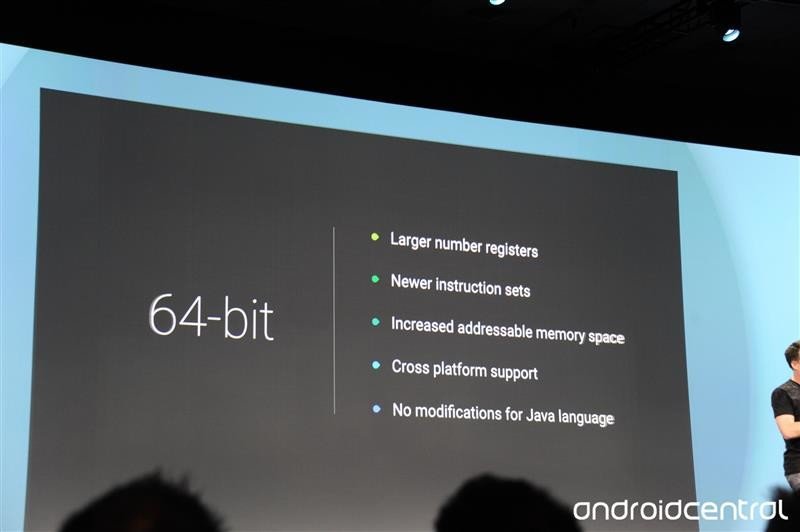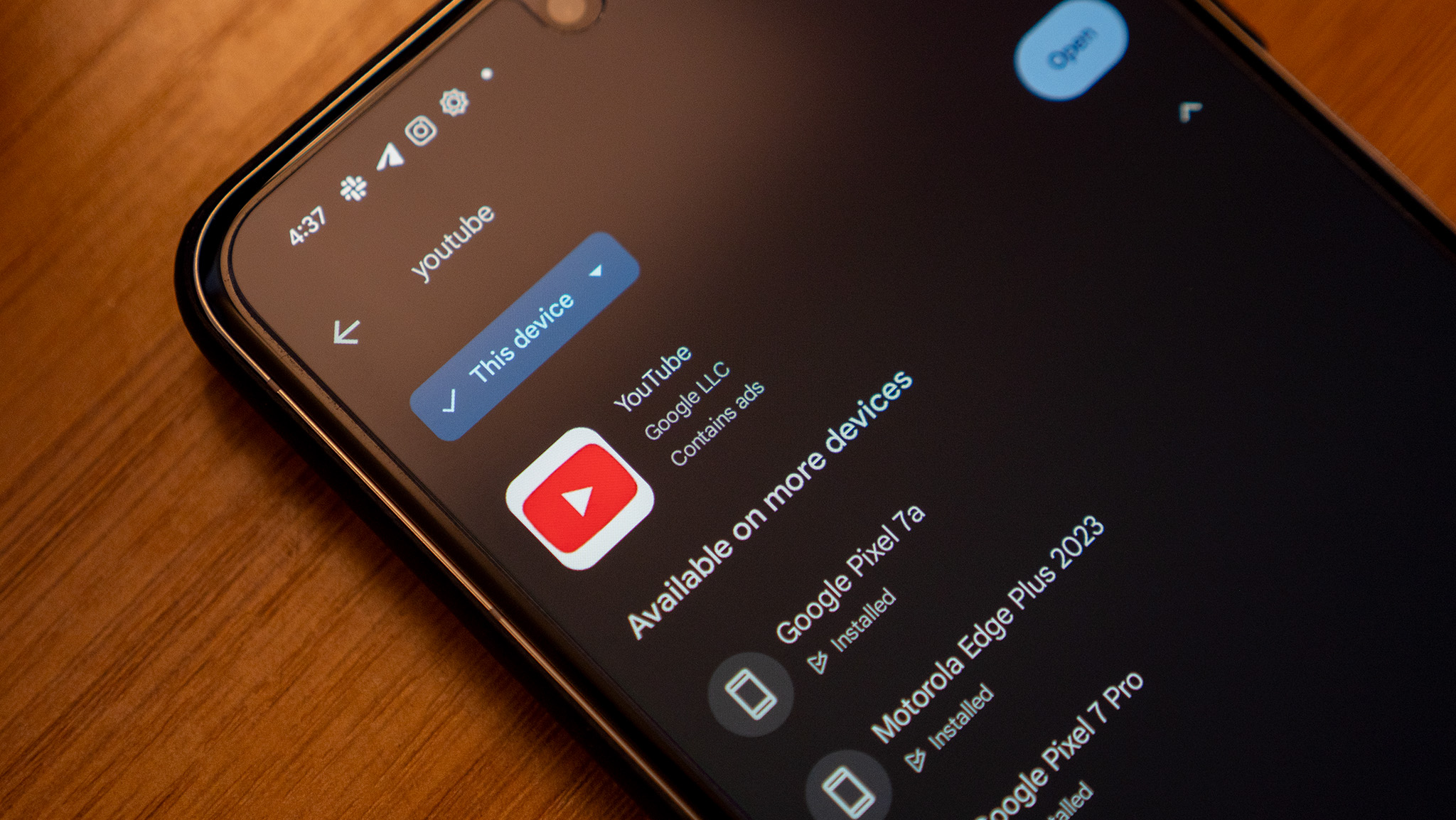A 32-bit Nexus in a 64-bit world: Why Google's new phone isn't already obsolete

Get the latest news from Android Central, your trusted companion in the world of Android
You are now subscribed
Your newsletter sign-up was successful
A 32-bit phone released in the 64-bit age rouses some questions — let's answer them
New Nexus time, baby! It's the time of the year when hardcore fans of Google's version of Android get excited. We see new hardware, new OS versions with sweet features, and we start to think about how we're going to fund our new purchases and the things we're going to do with them. It's #420ROOTIT all day for some, enjoying "pure" Android as-is for others.
With every launch of new Nexus hardware comes a little controversy, though. This year it's mostly the size — the Nexus 6 is a big beast of a phone — and the price — the Nexus 6 is priced like a big beast of a phone. (Or like every other phone. Just unlike previous Nexus phones is all.) Division exists on both counts, but in the end the people who really want the new Nexus will buy one in spite of, or because of, both issues.
But there's one not-so-little thing that has more than a few scratching their heads and a little worried. Lollipop is built for 64-bit processors, and the Nexus 9 tablet is a 64-bit device. But the Nexus 6 uses a 32-bit processor. Does that mean it's obsolete before it even gets released?
Let's rap.
What does 32 or 64-bit even mean for smartphones?

The switch to 64-bit architecture (or not) both means a lot, and not that much. Forget the whole "64-bit only means you can have more RAM" noise you're hearing. While it's true — 64-bit computing allows for more than 4GB of RAM — it's one tiny bullet point on a list of features, and one that doesn't much matter for a smartphone. There are two important things 64-bit processors can bring to a smartphone:
- Faster computation of even more data at once
- The new ARM v8 specification
There is no need for something like a Twitter app to be running multiple cores for all they are worth.
The first is for the future of Android. Right now, most applications on your phone — Nexus or otherwise — aren't even taking advantage of the multi-core and multi-thread per core abilities of the chip inside it. Often, they don't need to — there is no need for something like a Twitter app to be running multiple cores for all they are worth. That eats battery, and basically just wastes resources that aren't needed to operate smoothly. Some games love that quad-core CPU in your phone, and they need the horsepower. But generally, apps and the system overhead from Android don't need to crank ALL THE CORES to their melting point.
Yet.
Get the latest news from Android Central, your trusted companion in the world of Android
The second entry in my shortlist is important to a smartphone. The new ARM v8 specification used for building those CPUs for your smartphone will bring better battery life and more computing power to any device they are used in — 32-bit or 64-bit. No matter which company built the CPU, if it licensed the ARM v8 specs it will make a difference in the daily operation of any smartphone. Of course, all the chips that use the new ARM v8 spec will end up being 64-bit capable ...
In short, right now, as in today, 64-bit computing doesn't make a lot of difference in the way you would use your phone or a significant increase in performance. But it might in the future.
So answer the question — is the Nexus 6 obsolete because of the processor?
Nope.
When you can buy the Nexus 6 and hold it in your paws, it won't make much difference at all. We won't see the "dramatic" battery life improvements that we expect to see from ARM v8 chips, but the things you run and the way you run them won't change because Lollipop offers 64-bit support.
It's just not totally future-proof.
When you can buy a Nexus 6, the processor won't make much difference.
One day, Google will stand on stage somewhere to show off some amazing new feature in an upcoming version of Android that will only work "if the hardware supports it." That will be code for "We're leveraging the extra computational power of a 64-bit processor and it would lag like hell on a 32-bit processor so we won't offer it to those."
Chances are, the Nexus 6 will be long in the tooth at that point and everyone who bought one will be ready to buy new hardware already. But there has to be a cut-off point if Google ever hopes to use some of the features of the 64-bit architecture to write more intensive and power-hungry software. We assume Google is smart and will make that cut-off point happen once all the OEMs (and themselves) have had devices that can support new features available for a while. But we can't be 100-percent sure.
Phones from Samsung, LG and HTC with 64-bit processors are coming. Others will follow. Chances are we'll see some announced right around the time we're at CES in January 2015. Those devices will be more future-proof, but who knows when these companies will actually update and adopt any new features. Your Nexus 6 will be promptly updated in the meantime, though. And it will keep getting updated until it's just too damn old to run the new versions, or too old for Google to waste time and money developing for it.
If Google were to announce that a 64-bit Nexus phone was coming early next year, I would hesitate to buy a Nexus 6 today. But for now, the answer is no — the Nexus 6 is not obsolete, and won't be in the immediate future.

Jerry is an amateur woodworker and struggling shade tree mechanic. There's nothing he can't take apart, but many things he can't reassemble. You'll find him writing and speaking his loud opinion on Android Central and occasionally on Threads.
